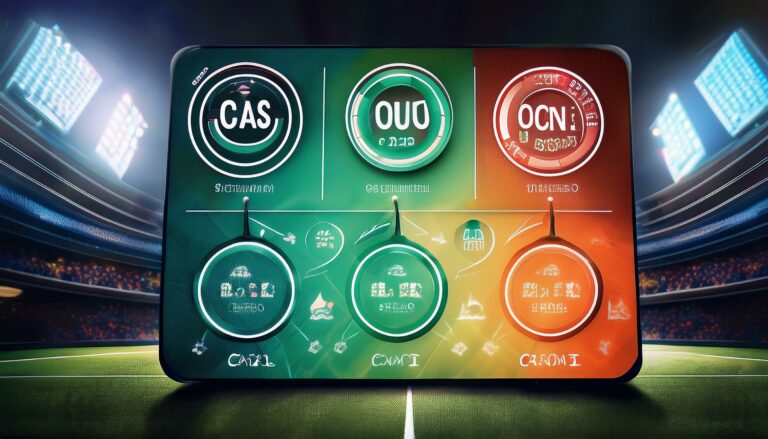How IPL Can Help with Uneven Skin Tone: Play99exch, Sky247, Allpaanel ID
Play99exch, Sky247, Allpaanel ID: IPL, or Intense Pulsed Light therapy, is a popular treatment for addressing uneven skin tone. One of the key benefits of IPL is its ability to target areas of pigmentation, such as sun spots, age spots, and freckles. The light energy penetrates the skin and breaks down the pigmented cells, leading to a more even skin tone over time.
Additionally, IPL can stimulate collagen production in the skin, which can improve overall skin texture and firmness. This can lead to a more radiant and youthful complexion. IPL treatments are non-invasive and require minimal downtime, making it a convenient option for those looking to address uneven skin tone without undergoing more aggressive treatments.
Understanding Uneven Skin Tone
An uneven skin tone refers to inconsistencies in the color and texture of the skin. It can manifest as dark spots, redness, blotchiness, or hyperpigmentation in different areas of the skin. These variations can be caused by a variety of factors, including sun exposure, hormonal changes, genetics, and skin conditions.
Understanding the underlying causes of uneven skin tone is crucial in effectively addressing and managing the issue. By identifying the root cause, individuals can tailor their skincare routine and treatment options to target specific concerns. From lifestyle adjustments to professional skincare treatments, there are various ways to improve the appearance of uneven skin tone and achieve a more radiant complexion.
Causes of Uneven Skin Tone
Uneven skin tone can be attributed to a variety of factors, with one common cause being excessive sun exposure. Prolonged periods of time spent in direct sunlight can lead to skin damage, resulting in dark spots and hyperpigmentation. Sunburns can also contribute to uneven skin tone, as the skin tries to protect itself from harmful UV rays by producing more melanin.
Another potential cause of uneven skin tone is hormonal changes. Fluctuations in hormone levels, such as those that occur during pregnancy or menopause, can trigger the overproduction of melanin, leading to dark patches on the skin. Additionally, conditions like acne and eczema can leave behind discoloration and scars, further contributing to an uneven complexion.







